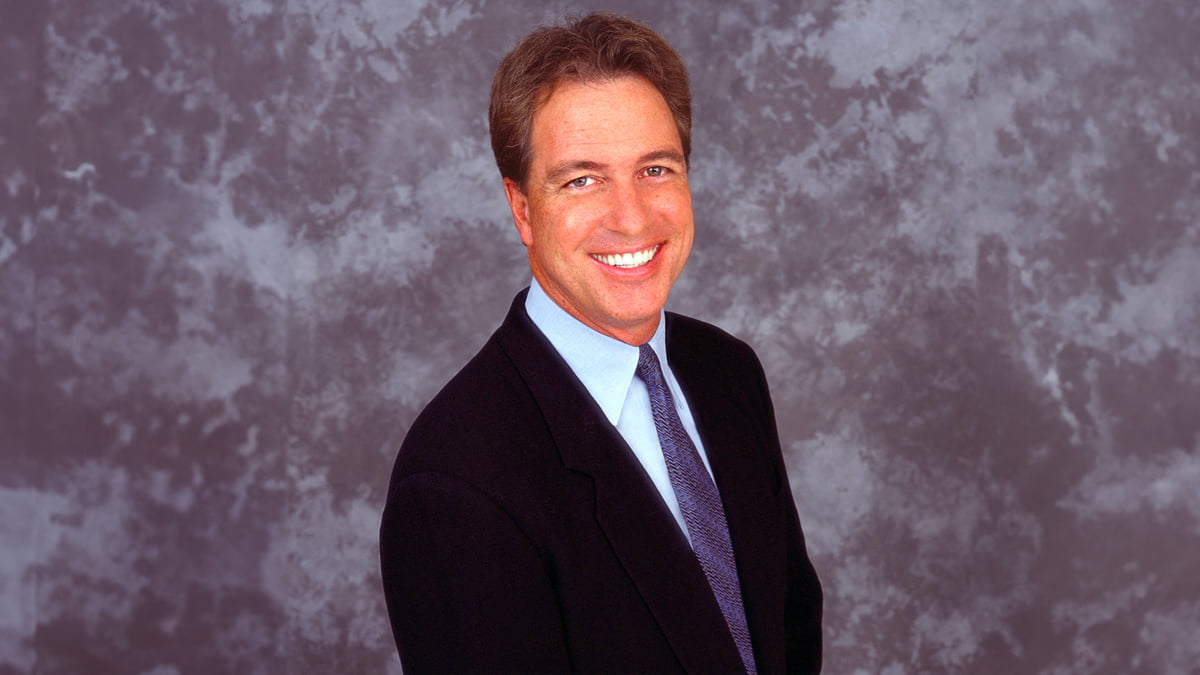He lacks Tony LaRussa’s hair, Tommy Lasorda’s wit, and Joe Torre’s Kleenex bill, but Cleveland Guardians manager Terry Francona deserves some props for what he is, quite simply one of the best managers in baseball history and perhaps the best at handling the media. Francona is retiring from managing after this, his 23rd season as an MLB skipper.
After a star-crossed playing career, Francona’s first managerial stint was in Philadelphia from 1997 to 2000. His Phillies clubs never finished higher than third place, but the experience with a tough media even tougher fans prepared him for his next challenge, one that will eventually lead him to Cooperstown.
With all due respect to Francona’s last 11 seasons at the helm in Cleveland, his claim to fame and ticket to immortality was purchased in his 8 seasons as manager of the Red Sox. In that time span, Francona withstood the pressure and pain of a curse, clubhouse malaises, personal life rumors, and the general pain and suffering akin to being a high profile sports personality in Boston.
Remember that Francona arrived in the Hub in 2004 at the apex of the misery and anger over the team’s 86 year World Series title drought. In truth, it wasn’t a drought, it was a desert speckled with bad decisions, racist claims, and kick-in-the-gut defeats.
In fact, the team had just endured one of those boots to the mid-section just weeks before Francona was hired when they lost Game 7 of the ALCS to the hated Yankees on Aaron Boone’s extra innings walk off home run. That game, and his decision to leave Pedro Martinez in the ballgame with a high pitch count, resulted in manager Grady Little’s exit.
The truth is that the Red Sox fired Little because he simply wasn’t their kind of guy. GM Theo Epstein and the organization were waist deep in the Billy Beane analytics barrel having hired stat guru Bill James as a senior advisor. Little made decisions based more on people than printouts.
After his four-year losing stint in Philly, Francona was about as respected by the Boston media as Vanilla Ice at the Rock & Roll Hall of Fame. I was covering the team then and dismissed Francona merely as the bait that boated Curt Schilling in free agency. Schilling had played for Francona with the Phillies.
We were all wrong. Just a few months after his hiring, Francona ended an eternal curse, tamed the brutal Boston media, shrewdly combined youth and experience on the field, created chemistry with a $100 million roster, and kept some of the most unique personalities in the game happy and healthy. He won 1296 games and two World Series in Boston and is deemed by many to be the team’s best manager ever.
Francona’s greatest strength was his handling of the media. Make no mistake. Boston is the toughest place to manage in all of sports. With a media horde that prefers hangings to harmony and a fan base that can be as lethal as they are loyal, every day is a season unto itself. In Boston, one loss is Armageddon.
Francona was nothing short of exemplary in his weekly radio stints on then kingpin station Sportsradio WEEI and other Boston media outlets. He played the media like Clapton plays the axe. There were no outbursts, dumb statements, or public humiliations. He protected his players, took the blame, and effortlessly sidestepped the many silly questions he was posed.
Francona also did a great job in the national spotlight. When he managed the American League in the 2005 All-Star Game, his in-game interview was sparkling, unlike National League skipper Tony LaRussa who was about as animated as yogurt.
In Boston, Francona developed into a media master, adeptly handling tough postgame questions and setting the tempo for his radio weekly calls. He deserves credit for being the anti-Bill Belichick, completely accessible but not overly ingratiating to the media.
At the heart of Francona’s handling of the media was his utter regard and protection of his players. In Boston, he did postgame interviews with NESN in a segment called “Terry’s Take.” While the team’s home network reporters seldom threw hardball queries at Francona, when they did, he never threw any player, coach, or team executive under the proverbial bus.
WEEI’s popular afternoon program at the time, the Dale and Holley Show with Dale Arnold and Michael Holley, became must-hear radio because they actually did consistently ask tough questions to Francona about roster moves, player issues, and strategy.
While they did so without becoming insulting or distasteful, Francona was, at times, audibly upset at the questions and shot back with his own vim and vigor making for fascinating radio.
Francona always maintained a level of class and dignity even when the media did not. He never let insulting insinuations or idiotic innuendo define him.
Francona’s time in Boston ended ingloriously in 2011. His club blew a seemingly insurmountable September lead in the standings and missed the playoffs. At the time, Francona took the heat for the unexpected collapse, but that team featured the indomitable David Ortiz, a young veteran MVP in Dustin Pedroia, and veterans like Adrian Gonzalez, Carl Crawford, Tim Wakefield, and Josh Beckett.
Adding to the dismal end were reports that Beckett, Jon Lester, and John Lackey were often see drinking beers, playing video games, and snacking on fried chicken in the clubhouse during September games.
The Boston media huffed, puffed, and damn near blew the Green Monster down, but where were Ortiz, Pedroia, and Wakefield, three players lauded for their leadership, as all this was happening? They got no heat, while Francona got fried. In the end, he left Boston diplomatically saying that perhaps a new managerial voice was needed.
This is the essence of the public Terry Francona – professional in victory and levelheaded in defeat. His postgame chats are models of consistency and his press conferences reveal the game’s nuances without sharing family secrets.
While the aforementioned Belichick treats the media like IRS agents, Francona kills them with cooperation. He massages their needy egos, but in the end, gives them nothing more than what he wants to give them.
NFL coaches Andy Reid and Mike Tomlin tend to tell the media far too much about injuries and prognoses. Francona knows when to clam up or toss in an interview-ending cliché. He is stern and unafraid to justifiably scoff at the often inane queries he faces.
As he walks away from the dugout for presumably the last time, here is some long overdue credit to Terry Francona, a superb leader and standup guy who truly puts the “man” in manager.

John Molori is a weekly columnist for Barrett Sports Media. He has previously contributed to ESPNW, Patriots Football Weekly, Golf Content Network, Methuen Life Magazine, and wrote a syndicated Media Blitz column in the New England region, which was published by numerous outlets including The Boston Metro, Providence Journal, Lowell Sun, and the Eagle-Tribune. His career also includes fourteen years in television as a News and Sports Reporter, Host, Producer working for Continental Cablevision, MediaOne, and AT&T. He can be reached on Twitter @MoloriMedia.







